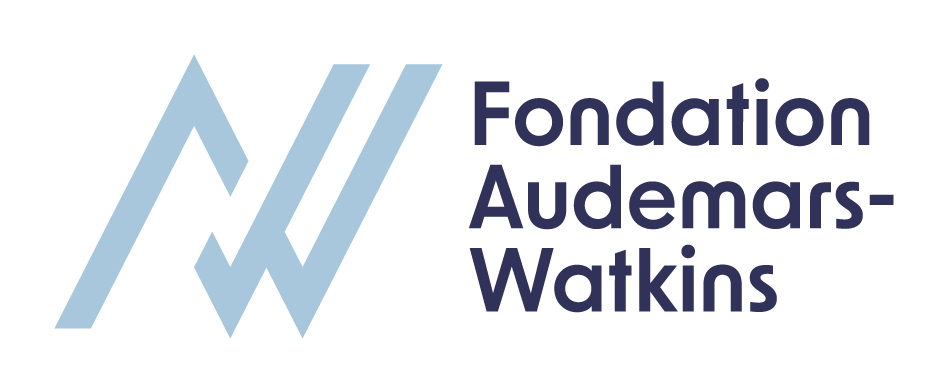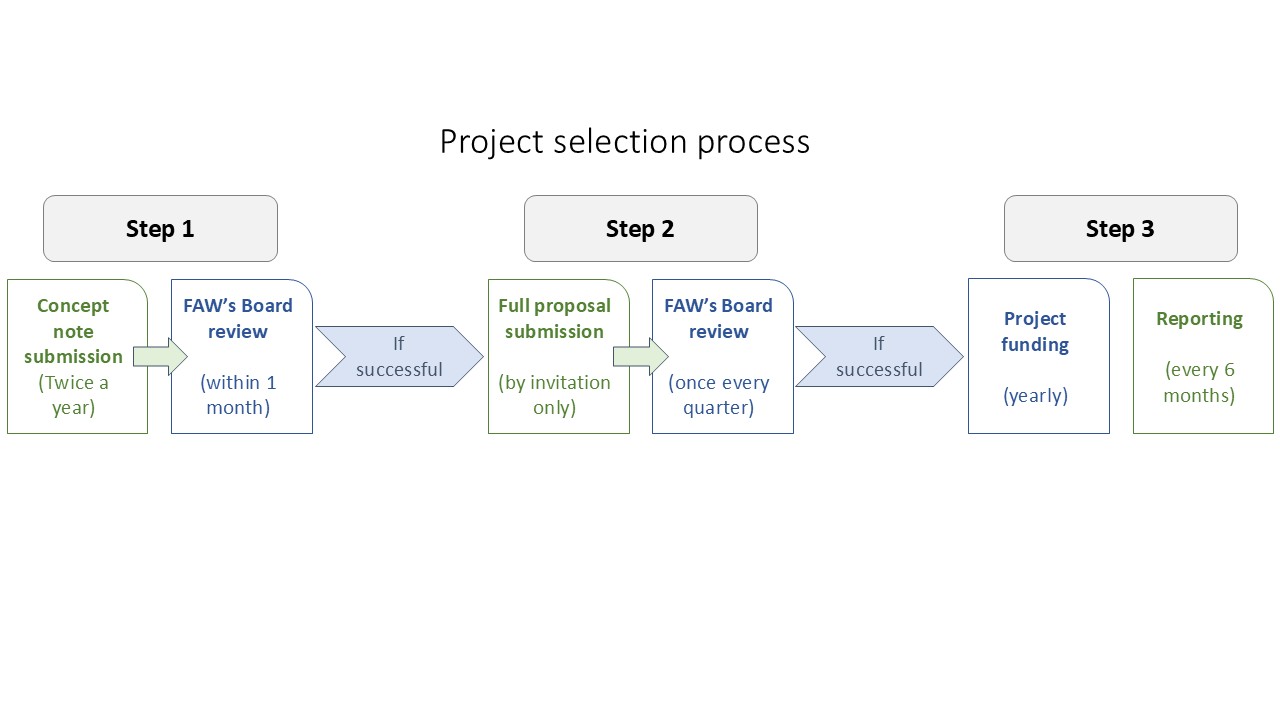SUBMITTING A PROJECT
What we fund
We expect projects that we fund to have clear and achievable objectives, as well as a monitoring plan. They should demonstrate sustainability (for example, through linkages with policy or integration into locally-run institutions) and a potential for replication. Projects that demonstrate a policy-practice link are also appreciated. Projects should be scientifically sound and use current data. Organizations should be able to demonstrate that they are already established in, or well-connected with, the project location. Where relevant, the role of local communities and the importance of the project to their livelihoods need to be clear.
We do not fund research (e.g. scholarships or degrees) which does not have a clear and tangible field application. We do not fund for-profit entities.
Themes: We fund projects that contribute to the conservation of our oceans, wetlands and forests as well as those that support education and capacity building. Project proponents should make sure that they can demonstrate the relevance to the foundation’s objectives. We prioritise projects that are in biologically rich areas.
Amounts: Our funding limit per project is CHF 250,000. While co-funding is not an explicit requirement for funding by FAW, it is useful to indicate any actual or potential co-funding.
Duration: Our grants generally run for a period of maximum 3 years.
Timing: The online platform for submitting concept notes is open twice a year.
Submission guidelines
Proposals are to be submitted in two phases: first a concept note that provides basic information about the proposed project and will allow the board to express interest in the proposal. If the concept is approved by the board, the proponent will be informed in writing and invited to submit a full proposal. Proposals can be drafted in English or French and submitted either online or by e-mail using the templates provided.
Projects selected for funding will be the object of a Partnership agreement. FAW expects the organizations that it funds to be validly established and not-for-profit. It expects beneficiaries to carry out the work supported in a professional manner and with due respect to all legal obligations of the country.

